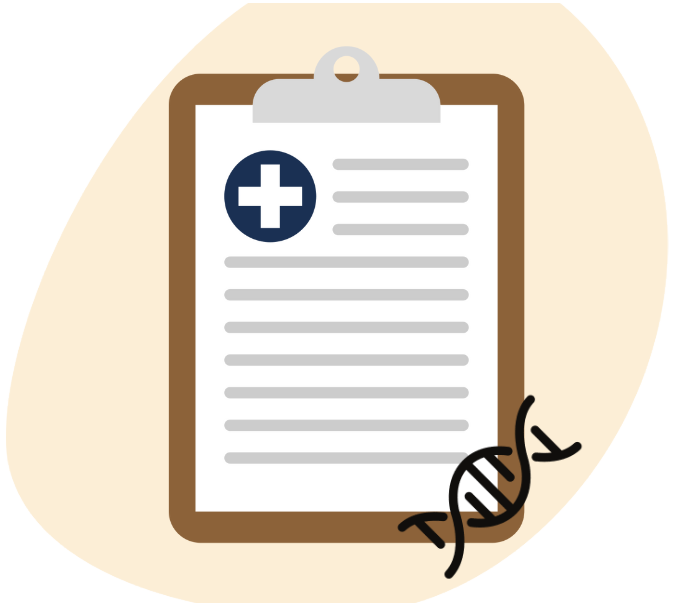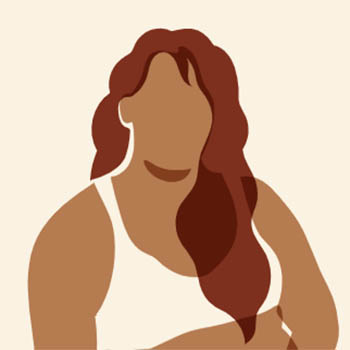Men Pelvic Health
Pelvic floor therapy is commonly prescribed for those with female anatomy, but men suffer from pelvic floor dysfunction too. Speaking about your pain, incontinence, or dysfunction can be very taboo as a man. Your concerns matter though, and at Vitality Pelvic Health we want you to feel comfortable sharing your experience so you can get the help you need.

Can We Help?
What causes pelvic floor dysfunction in men
Pelvic floor tension or weakness can contribute to dysfunction in men much like in women. You may be experiencing urinary urgency or trouble emptying, rectal pain, incontinence, erectile dysfunction, or abdominal pain due to pelvic floor dysfunction.

How does PT help?
At Vitality Pelvic Health you’ll work 1:1 with your physical therapist to develop a plan of care to restore strength and extensibility to the pelvic floor. Your treatment plan may include exercises for strengthening, manual therapy, or lifestyle modifications that promote good pelvic floor health.
How long will it take?
A typical plan of care depends on symptoms, but is typically 10-12 weeks long.
What the research says
Chronic Pelvic Pain Syndrome is the most common pelvic floor disorder in men and can be present for years before reaching a proper diagnosis and subsequent treatment

A recent study shows 16% of men suffer from pelvic floor disorders, likely a low number due to the stigma around seeking treatment
Common complaints
Frequently Asked Questions
What are symptoms of pelvic floor dysfunction in men?
Pelvic floor dysfunction in men can look like urinary urgency, penile pain, tailbone or low back pain, pain prior or during/after an erection, chronic constipation, weak urinary stream, testicular pain, and pain with bowel movements. This is not an exhaustive list however, and symptoms vary from person to person.
What is prostatitis?
Prostatitis is inflammation of the prostate gland. It is a common diagnosis among men with pelvic pain, but it is important to understand that pelvic floor dysfunction can occur with, or in the absence of prostatitis. Often caused by a bacterial infection, a round of antibiotics can typically clear this up. Sometimes though, the muscles of the pelvic floor become hypertonic and continue to create symptoms of prostatitis, and this can not be addressed with antibiotics, but can be addressed with physical therapy.
What are the types of prostatitis?
Category 1: acute bacterial prostatitis – flu like symptoms on top of pelvic floor symptoms, typically treated with antibiotics.
Category 2: Chronic bacterial prostatitis – also caused by a bacterial infection but develops slowly and can take a long time to clear up (weeks to months of treatment). Usually associated with urinary tract infections.
Category 3: Non-bacterial/non-inflammatory prostatitis – also known as Chronic Pelvic Pain Syndrome (CPPS) or Prostadynia. This is typically pelvic floor dysfunction commonly inappropriately treated with antibiotics as there is no infection present.
Category 4: Asymptomatic prostatitis – no symptoms but labs show infection is likely present (leukocytosis).
Should men do kegel exercises?
The answer is… sometimes. Just like women, men can have an overactive pelvic floor where kegels really should not be the first line of treatment. Your physical therapist can help you determine what is appropriate for you during your evaluation.
Get To Know Our Pelvic Health Team...

Tristen Swengle

Nikki Randolph

Kally Owen

Deena Winham
Testimonials
What Clients Are Saying

I have been coming to Vitality Pelvic Health for several weeks. I was looking for options to help strengthen my pelvic floor following an injury during childbirth and just aging in general. I am 44 years old, and my youngest child is 13, but Tristan explained that we are always in that postpartum phase. Tristan is extremely knowledgeable and so incredibly thorough! I’ve never met anyone who knows so much about pelvic dysfunction and ways to combat it. She’s created a strengthening program for me that I can continue to use long after my sessions are completed. I highly recommend her to any woman seeking help in this area. You will not regret it!

Dr. Nikki is truly amazing. I came to her a year and half after having my baby because I felt like something was off and that I was still not fully recovered. She gave me a whole toolbox of movements and practices to get myself back together and feel confident that my body could safely pick up my growing daughter. She figured out exactly what I needed to do, and gave me a realistic plan all while being so kind and patient. I could not recommend her more to any new moms or moms to be (or really anyone struggling with functional movement).


